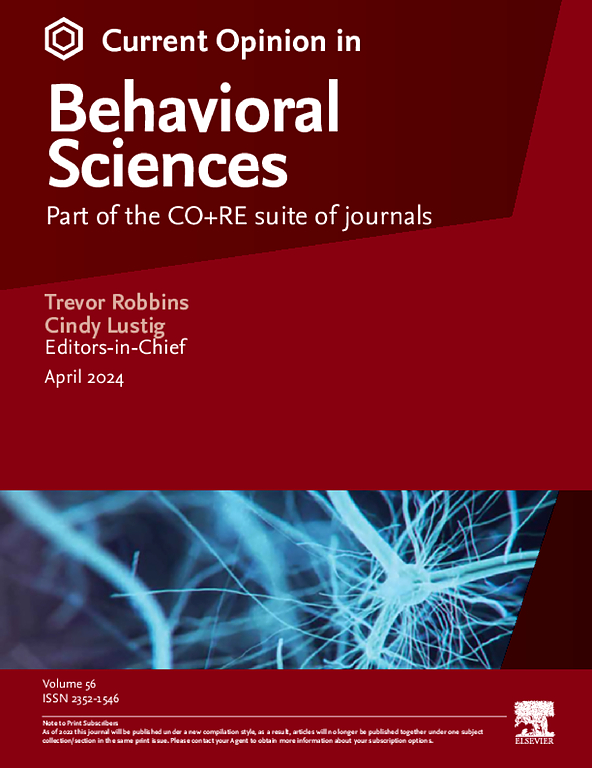气候行动一致性研究综述:社会互动和制度在培养积极行为溢出中的作用
IF 3.5
2区 心理学
Q1 BEHAVIORAL SCIENCES
引用次数: 0
摘要
为了解决气候变化的多方面问题,个人必须采取一系列个人和集体行动。为了帮助这个过程,研究试图理解行为溢出——一个行为如何影响执行其他行为的可能性。最近的理论强调环境认同、社会规范、影响和功效是积极溢出的关键心理机制。然而,溢出效应仍然很小,而且存在异质性。本综述认为,在缓解气候变化所需的规模上推动积极溢出效应需要社会和社会支撑。新兴研究利用集体过程,包括人际和社会互动以及制度实践,进一步放大这些心理机制,支持积极的行为溢出。例如,工作场所可以促进角色内亲环境行为的内化,从而对宣传和家庭行为产生积极的溢出效应。将行为溢出的心理过程嵌入到集体过程中,为推动个人和集体气候行动之间的溢出提供了一条有希望的途径。本文章由计算机程序翻译,如有差异,请以英文原文为准。
A review of consistency in climate action: The role of social interactions and institutions in cultivating positive behavioral spillover
To address the multifaceted problem of climate change, individuals must perform a range of individual and collective actions. To aid this process, research has sought to understand behavioral spillover — how one action impacts the likelihood of performing other actions. Recent theorizing emphasizes environmental identity, social norms, and affect and efficacy as key psychological mechanisms underlying positive spillover. Yet, spillover effects remain small and heterogenous. This review posits that driving positive spillover at the scale needed to mitigate climate change requires social and societal scaffolding. Emergent research leverages collective processes, including interpersonal and social interactions and institutional practices, to further amplify these psychological mechanisms and bolster positive behavioral spillover. For instance, workplaces can prompt the internalization of in-role pro-environmental behavior, resulting in positive spillovers to advocacy and household behaviors. Embedding psychological processes of behavioral spillover within collective processes presents a promising avenue to drive spillover between individual and collective climate actions.
求助全文
通过发布文献求助,成功后即可免费获取论文全文。
去求助
来源期刊

Current Opinion in Behavioral Sciences
Neuroscience-Cognitive Neuroscience
CiteScore
10.90
自引率
2.00%
发文量
135
期刊介绍:
Current Opinion in Behavioral Sciences is a systematic, integrative review journal that provides a unique and educational platform for updates on the expanding volume of information published in the field of behavioral sciences.
 求助内容:
求助内容: 应助结果提醒方式:
应助结果提醒方式:


